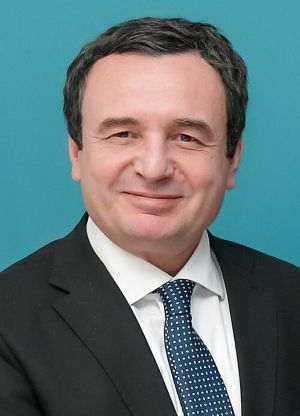Cutting tax evasion could generate and additional 460 million Euros a year towards investments, the officials of the Council of Foreign Investors (CIS) say. Doina Ciomag, the managing director of the Council, said that, if the measures for rethinking the fiscal policies, proposed by the CIS as part of the Economic Growth Program, its main effect would be a 2.2% increase of the GDP and the creation of over 46,500 new jobs, in the medium term, as well as help increase the budget revenues by over 1.8%: "The making of targeted tax inspections would lower the costs of the fiscal administration and would increase budget revenues, which could then be used for investments in the public sector ". According to the CIS, the authorities of the state should state their opinions on the numerous reports provided by banks and companies (for instance, concerning the fight against money laundering).
According to statistics by the National Tax Administration Agency (ANAF), a quarter or more of the declared taxes are not collected, which is a very high ratio compared to other countries in the EU, CIS officials say. In their opinion, one solution that could be attempted to lower tax evasion would be to publish the list of taxpayers that have tax arrears.
The main steps that the Council of Foreign Investors has considered as being the most important are the focusing of tax investigations on the taxpayers which have a high likelihood of tax evasion, as opposed to performing random probes, as well as focusing on measures efficient for fighting tax evasion, the improvement of tax collection and the fight against money laundering.
Another suggestion of the Council"s economic recovery program is improving tax receipts, by raising penalties for tax evasion and by simplifying the procedures for fiscal compliance and tax payment. The Council also recommends maintaining the consistency and predictability of the taxation system, as well as the simplification of the fiscal system in order to stimulate foreign investments.
In November last year, the representatives of the CIS met with the members of the National Tax Administration (ANAF), which said that work is being done on an IT system intended to monitor taxpayers which will be investigated based on objective criteria. The bilateral consultations on this subject between the ANAF and the Council of Foreign Investors will continue in 2011 as well, according to the quoted sources.
The plan for economic growth drawn up by the Council includes 80 measures split across several objectives - stabilization of the macroeconomic environment, the implementation of better governance, supporting small and medium enterprises, supporting investments in the economy, the accessing of EU funding, the development of the infrastructure needed for the development of a modern economy, the fulfillment of the country"s agricultural potential, the pursuance of fiscal policies which would stimulate growth, the reformation of the legal system and the modernization of the public sector. The board of the CIS has selected the 12 most important measures of the program, which could lead to short term economic growth.
By implementing the economic program of the Council, Romania"s GDP could grow almost 12% by 2015, its representatives say. According to them, direct foreign investments could reach a minimum of 25 billion Euros, between 2011 and 2015, and consumer confidence would rise considerably over the next five years. Also, unemployment could drop to 5% and the budget deficit could drop to a maximum of 3%.

















































